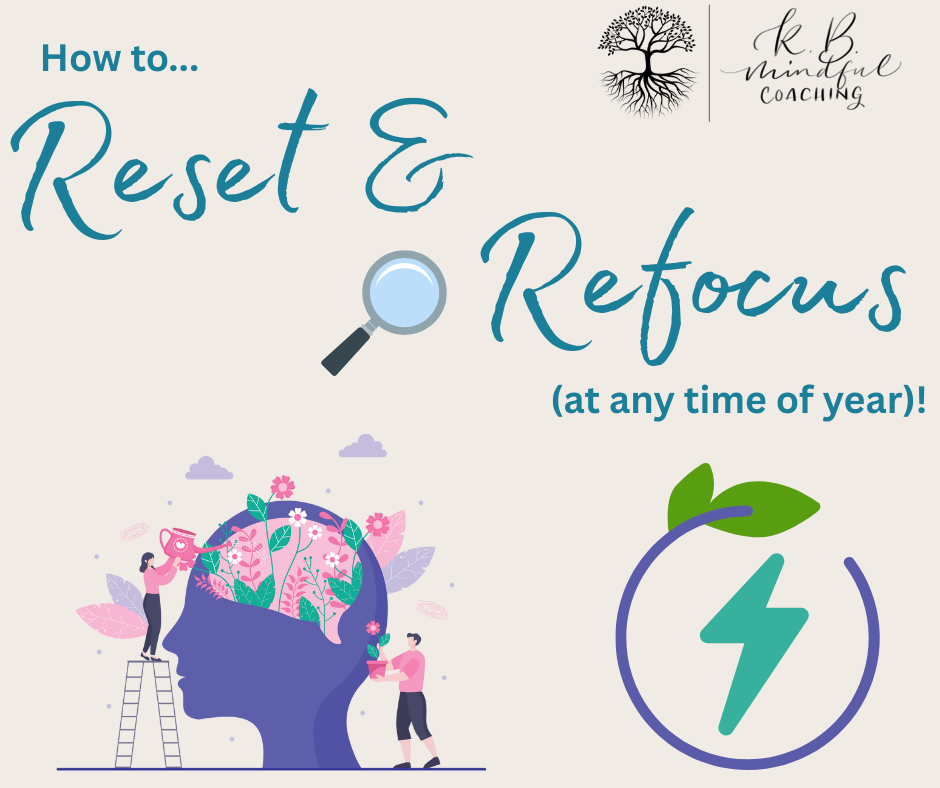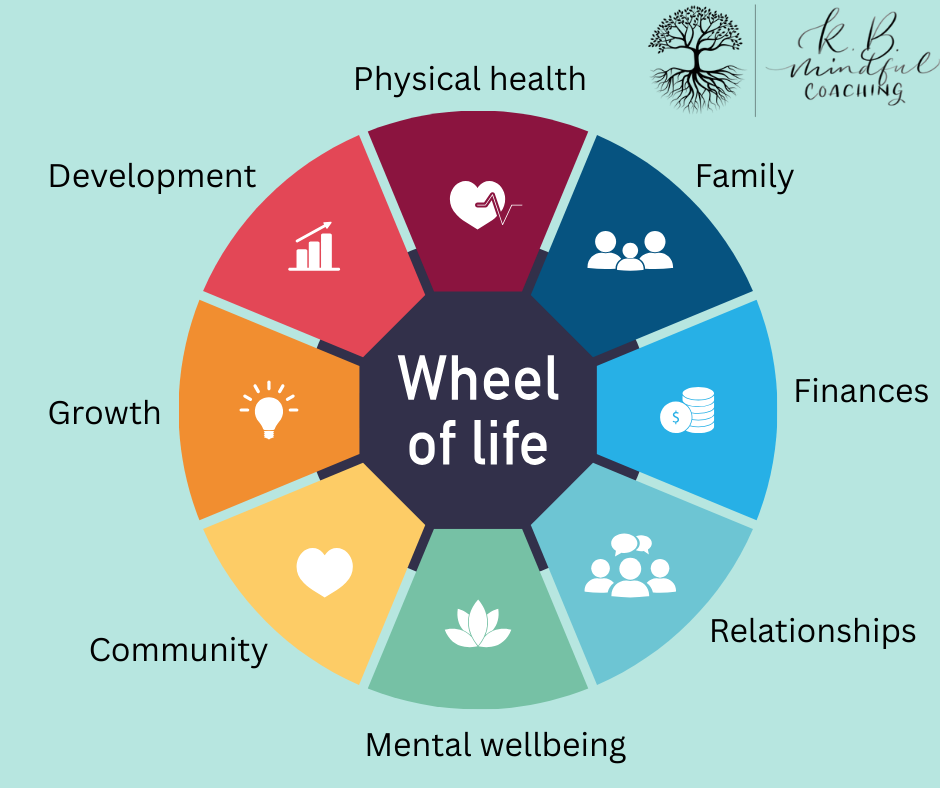Holding your nerve
- Kathryn Ball

- Nov 6, 2025
- 4 min read
Decision-making is present in everyday life, it’s part of adulting that we can’t avoid. Often we are making these without much conscious thought, or they don’t hold too much consequence that we don’t labour over them (e.g. ‘what shall we have for dinner?’ – although I can labour over that one too!)
It’s those more nuanced long-term-consequence decisions that can be harder to make – and are a test of nerve. The decisions that don’t have a clear ‘right’ or wrong’ feeling about them, no obvious warnings, no glaring red flags, no clear green lights either. Just… almost but not quite. It could be something like:
· A job that’s good on paper, but sits awkwardly in your gut when you imagine being there.
· A commitment that makes sense logically, but somehow feels heavier than it should.
· A business direction that sounds smart, yet quietly flattens your energy.
It’s these ‘nearly, but not quite’ moments that are often the hardest to navigate – because instead of being a square peg and round hole situation, maybe the peg is oval and you wonder if you can just make it fit?!
Wobbles here are normal: we rationalise, we justify, we seek opinions hoping to hear the confirmation we are looking for, but often end up more confused. We can feel ourselves steered towards compromise, thinking ‘perhaps this is the best option’… and this is where holding your nerve comes in (easier said than done I know).

The Pressure to Say Yes (Even When You Don’t Mean It)
We are conditioned to (and dare I say it, possibly more so as midlife women):
be grateful for opportunities
not make a fuss
avoid disappointing others
and not be ‘difficult’
So when something is close to being a yes, we might override our instinct in favour of being ‘reasonable.’ Particularly in midlife, where there can be a sense of:
I should have figured this out by now, I should just say yes
Maybe I’m being too picky, this is as good as it gets
Who am I to turn something down?
But there’s a reason for your hesitation, and it’s worth just checking what that really is, and how valid it is. Logic might argue one course of action, but our bodies (as I’ve spoken about in the ‘body barometer’), and our inner knowing might be saying something different.
I experienced all of this recently. I had an opportunity for some work; there was a lot I liked about it but also I had a slight sinking feeling in my stomach too. Was this just nerves of something new or something else? In the end I realised it was something else. It wasn’t fear, it was a mismatch - not an obvious one, but enough of one to make me ask ‘do I really want to say yes to this?’ - knowing that if I passed, the opportunity would be gone.
Holding my nerve meant acknowledging the ‘ovalness’ of my peg and it didn’t feel like a right enough fit for me. Disappointing someone else is never nice, or easy, but I realised there was far greater likelihood of disappointing myself further down the line, for not holding my nerve. The relief that often follows a decision like this will also often tell you what you needed to know too.
Why Holding Your Nerve Matters
The cost of downplaying the ‘not quite right-ness’ is usually slow, subtle and cumulative:
a background tiredness, lethargy or apathy
a quiet resentment (that can build)
a dimming of enthusiasm
a shrinking of your energy and confidence
But when you hold your nerve (even for decisions you know other people would say yes to – that’s their choice) you strengthen your self-trust: the foundation of every good next move.
How to Hold Your Nerve (Practically, Not Perfectly)
If you’re facing a decision that is ‘almost, but not quite,’ try this:
1. Pause before you reply
If someone is waiting on your answer, you could say:
‘I just need a moment (choose your timeframe) to sit with it.’
Processing time protects clarity, haste can lead to regret.
2. Ask yourself ‘If no one else had an opinion, what would I choose?’
This is a great way to remove guilt, expectations and comparison, and leaves your truth.
3. Say it simply – you don’t need to over-explain
You don’t need a lengthy reply, just a ‘Thank you; it’s not quite right for me’ says what you need to, politely (and can’t really be argued with!)
4. Expect temporary discomfort
Self-loyal decisions can feel awkward at first (even selfish – after all, you’ve put yourself first!). But that settles and the relief comes after.
Holding your nerve isn’t about being fearless. It's about being loyal to your interests (because you are the person who needs to do this).
It’s about trusting that the quieter ‘this doesn’t feel quite right’ is just as valid as the louder ‘this could work.’
If you’re in one of those moments right now, the almost-but-not-quite, the nearly-but-not-quite-sure ones, you don’t have to navigate that alone.
This is exactly the kind of thing I love to support my clients with, ensuring their voice is the one that is heard, and finding out what genuinely fits for them – and what doesn’t!
I have various coaching support options available, from a single 90-min power session to a longer term confidence-boosting partnership. If you’d like to know which might be a good option for you, you can book a no-pressure conversation with me here



Comments